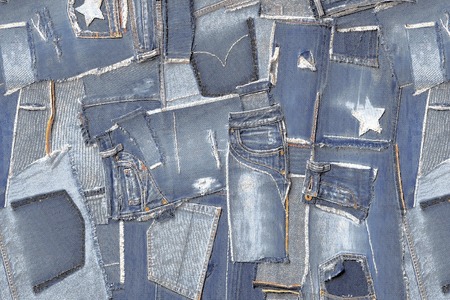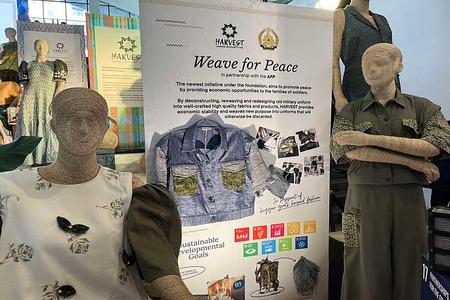Turkish duty on US cotton to hit competiveness of its own textile exports
YarnsandFibers News Bureau 2017-02-06 16:00:00 – AnkaraTurkey’s plan to impose 3 percent anti-dumping duties on U.S. cotton imports saying that imports were hurting domestic cotton production. But this will drive up costs for its own textile producers, hurting the competitiveness of their exports, said the head of an industry group.
The spat is likely to put strain on trade relations between one of the world’s top fiber growers and one of its biggest customers at a time of weak global prices and demand.
This is a decision that will increase raw material costs of textile producers by 2-3 percent and will somewhat affect price competitiveness of Turkish exports, İsmail Gülle, head of the Istanbul Textile and Raw Materials Exporters Union, whose members account for 70 percent of Turkish textile exports.
U.S. cotton has specialty uses, it is not something they could give up using, the industry will shoulder the costs.
Turkey is the second-biggest buyer of U.S. cotton, with shipments ranging from 1.5 million to 2 million bales per year. According to industry data, Turkey exported $17 billion worth of garments and ready-to-wear clothing last year, and $8 billion of textiles and raw materials.
The government in its official gazette announcing the move said that it was determined that the material damage to local production branch has been the result of dumping in imports. The move had been widely expected since February, when Turkey’s economy ministry said U.S. cotton was hurting the domestic cotton industry.
However, U.S. cotton farmers have said that they will fight the decision through the World Trade Organization and Turkish courts.
Market Intelligence
Ask for free sample Report

experience
Customer Base
dedicated team
Countries Served Worldwide









